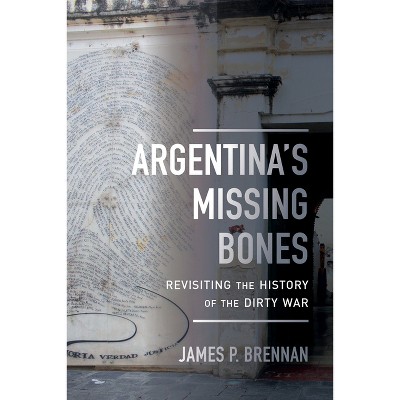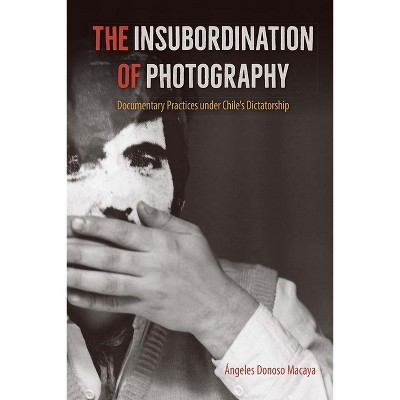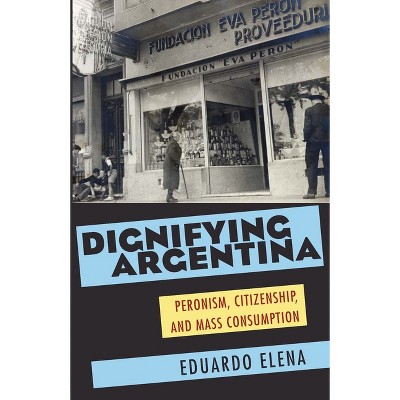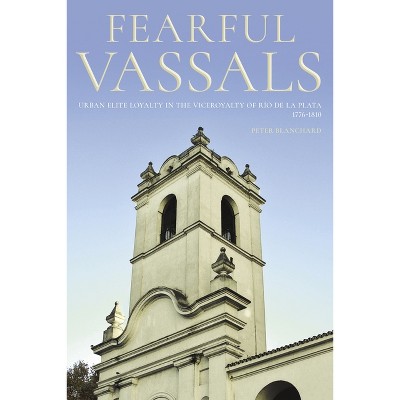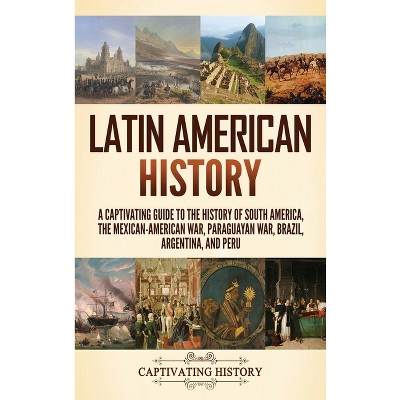Sponsored

The World Bank and the Cold War in Latin America - by Claudia Kedar (Hardcover)
Pre-order
Sponsored
About this item
Highlights
- Established at the Bretton Woods conference in 1944, the World Bank soon emerged as a central pillar of the postwar order, and the world's leading development institution.
- About the Author: Claudia Kedar is Chair of Spanish, Portuguese, and Latin American Studies at the Hebrew University of Jerusalem.
- 400 Pages
- History, Latin America
Description
About the Book
"Established at the Bretton Woods conference in 1944, the World Bank soon emerged as a central pillar of the postwar order, and the world's leading development institution. This book provides a comprehensive exploration of the World Bank's pivotal role in the Cold War in Latin America through an examination of its interactions with Argentina - one of Latin America's largest economies, and a heavy borrower of the World Bank. In doing so, it unveils the surprisingly complex interplay between the World Bank's bureaucratic goals, US administrations, and Argentina's efforts to serve its own national interests. Drawing on a multi-archival corpus of primary sources, including newly declassified documents from the World Bank archives, the author examines the Bank's often-counterintuitive responses to major economic and political challenges posed by Argentina, including populism, developmentalism, economic nationalism, authoritarianism, human rights violations, and the "Lost Decade" of the 1980s. Showing how the World Bank ranged from full alignment with US interests to neutrality and subtle dissent, the book reveals the integral influence of the Bank as a Cold War actor. Raising vital questions about the role of international organizations in developing countries, this book reframes our understanding of the economic Cold War in Latin America and beyond"--Book Synopsis
Established at the Bretton Woods conference in 1944, the World Bank soon emerged as a central pillar of the postwar order, and the world's leading development institution. This book provides a comprehensive exploration of the World Bank's pivotal role in the Cold War in Latin America through an examination of its interactions with Argentina--one of Latin America's largest economies, and a heavy borrower of the World Bank. In doing so, it unveils the surprisingly complex interplay between the World Bank's bureaucratic goals, US administrations, and Argentina's efforts to serve its own national interests.
Drawing on a multi-archival corpus of primary sources, including newly declassified documents from the World Bank archives, the author examines the Bank's often-counterintuitive responses to major economic and political challenges posed by Argentina, including populism, developmentalism, economic nationalism, authoritarianism, human rights violations, and the "Lost Decade" of the 1980s. Showing how the World Bank ranged from full alignment with US interests to neutrality and subtle dissent, the book reveals the integral influence of the Bank as a Cold War actor. Raising vital questions about the role of international organizations in developing countries, this book reframes our understanding of the economic Cold War in Latin America and beyond.
Review Quotes
"Claudia Kedar's excellent analysis shows how the World Bank navigated a course between successive US administrations, which feared the growth of radical nationalism in Latin America, and Argentina, whose continuing political and economic instability made it one of the Bank's most unpredictable, troublesome, and controversial clients." --Rory M. Miller, University of Liverpool Management School
"This riveting new political economy of the Cold War makes clear that there is a long history of World Bank independence of action in the hemisphere. As the first comprehensive history of its kind, The World Bank and the Cold War in Latin America is vital reading." --David Sheinin, Trent University
About the Author
Claudia Kedar is Chair of Spanish, Portuguese, and Latin American Studies at the Hebrew University of Jerusalem. She is the author of The International Monetary Fund and Latin America: The Argentine Puzzle in Context (2013).Shipping details
Return details
Trending Non-Fiction







